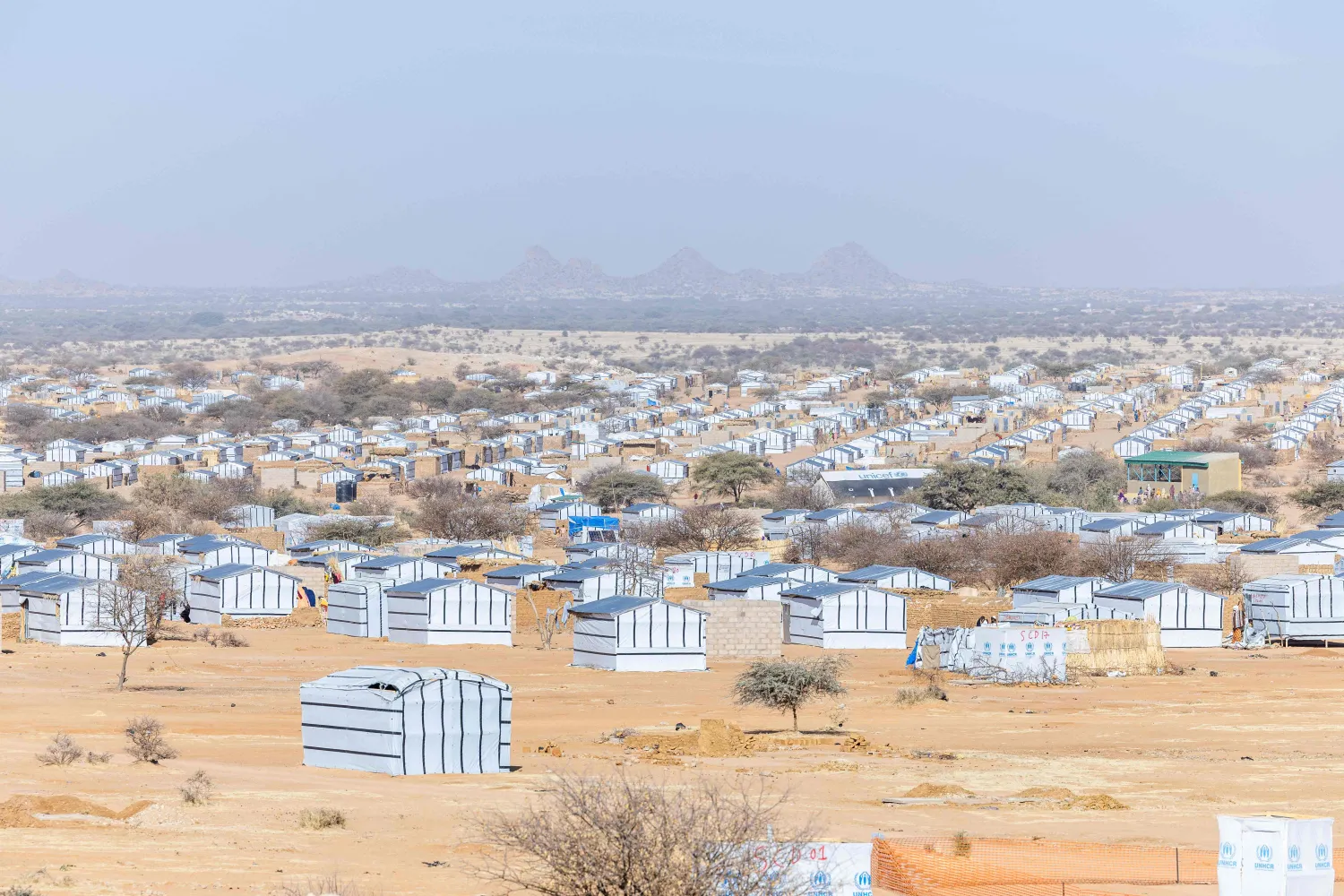Saudi Foreign Minister Prince Faisal bin Farhan bin Abdullah said the Israeli government's refusal to allow a delegation of Arab ministers to the occupied West Bank showed its "extremism and rejection of peace".
His statement came during a joint press conference in Amman with counterparts from Jordan, Egypt and Bahrain, after they met as part of an Arab contact group that was going to meet Palestinian President Mahmoud Abbas in Ramallah.
"Israel's refusal of the committee's visit to the West Bank embodies and confirms its extremism and refusal of any serious attempts for (a) peaceful pathway. It strengthens our will to double our diplomatic efforts within the international community to face this arrogance," the Saudi minister said.
On Saturday, Israel said it would not allow a planned meeting on Sunday that would have included ministers from Jordan, Egypt, Saudi Arabia, Qatar and the United Arab Emirates, Palestinian Authority officials said.
Prince Faisal's visit to the West Bank would have marked the first such visit by a top Saudi official in recent memory.
Jordan's Foreign Minister Ayman Safadi said blocking the trip was another example of how Israel was "killing any chance of a just and comprehensive" Arab-Israeli settlement.
The foreign ministers later met with Jordan's King Abdullah II. Discussions focused on ongoing efforts to end the war on Gaza and facilitate the unhindered flow of humanitarian aid into the Strip. They also tackled strengthening joint initiatives to halt all violations by Israeli authorities against the Palestinian people.
An international conference, co-chaired by France and Saudi Arabia, is due to be held in New York on June 17-20 to discuss the issue of Palestinian statehood.
Egyptian Foreign Minister Badr Abdelatty said the conference would cover security arrangements after a ceasefire in Gaza and reconstruction plans to ensure Palestinians would remain on their land and foil any Israeli plans to evict them.
Israel has come under increasing pressure from the United Nations and European countries which favor a two-state solution to the Israeli-Palestinian conflict, under which an independent Palestinian state would exist alongside Israel.









